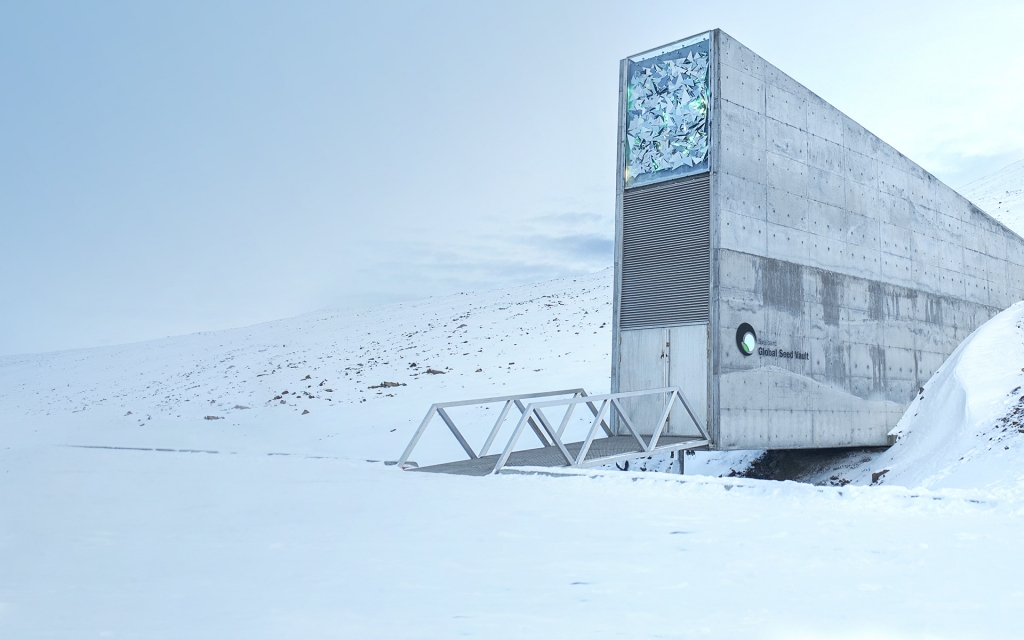-
Tips for becoming a good boxer - November 6, 2020
-
7 expert tips for making your hens night a memorable one - November 6, 2020
-
5 reasons to host your Christmas party on a cruise boat - November 6, 2020
-
What to do when you’re charged with a crime - November 6, 2020
-
Should you get one or multiple dogs? Here’s all you need to know - November 3, 2020
-
A Guide: How to Build Your Very Own Magic Mirror - February 14, 2019
-
Our Top Inspirational Baseball Stars - November 24, 2018
-
Five Tech Tools That Will Help You Turn Your Blog into a Business - November 24, 2018
-
How to Indulge on Vacation without Expanding Your Waist - November 9, 2018
-
5 Strategies for Businesses to Appeal to Today’s Increasingly Mobile-Crazed Customers - November 9, 2018
Doomsday Seed Vault Withdrawal Is Needed to Replenish War-Torn Syria
The reclaimed seeds included varieties of wheat, barley, grass pea and other important food crops that are maintained by the worldwide Center for Agricultural Research in the Dry Areas (ICARDA), a nonprofit research organization that aims to improve the livelihoods of people in resource-poor areas across the Near East and North Africa. The problem is that all the seeds which the researchers use are located in Aleppo, and while these are supposedly safe and in cold storage, the vicinity is ravaged by war and too unsafe.
Advertisement
This is the first time the vault has been opened since it came in to existence in 2008. The Arctic vault’s ambitious worldwide goal, securing the worldwide food supply and supplanting numerous world’s regionally based seed vaults, has been criticized as overreaching and finding funding to keep the project operating has become a challenge.
The Aleppo region of Syria has reportedly been experiencing some of the most deadly and fierce fighting to date, and staff at the doomsday vault felt the center and its precious disaster survival seeds were being threatened.
If the power grid failed, the seeds in the Doomsday vault would be preserved for at least 200 years.
Additional seed gene vaults, or banks, do exist around around the globe.
ICARDA was forced to relocate from the Syrian city of Aleppo to Beirut in 2012 because of the Syrian war.
Constructed as a sort of last-ditch effort at protecting plants from extinction, the seed bank is meant to serve as a backup for gene banks like ICARDA, Lainoff said.
Right now, the vault holds just less than 865,000 seed samples from all over the world, but it’s capable of holding many more. Their request amounts to 130 of the 325 boxes they sent to the Arctic before the war began.
Advertisement
Warnings relating to blood moon doomsday prophecies and from within the pages of Jonathan Cahn’s best-seller, The Harbinger, have caused some to view the seed vault withdrawal with great apprehension. Triggering the withdrawal from a “doomsday vault” is hyperbole to an extent, as the Syrian civil war (and climate problems in the region) show the system is working “exactly how [it’s] supposed to work”, a Slate report points out.





























